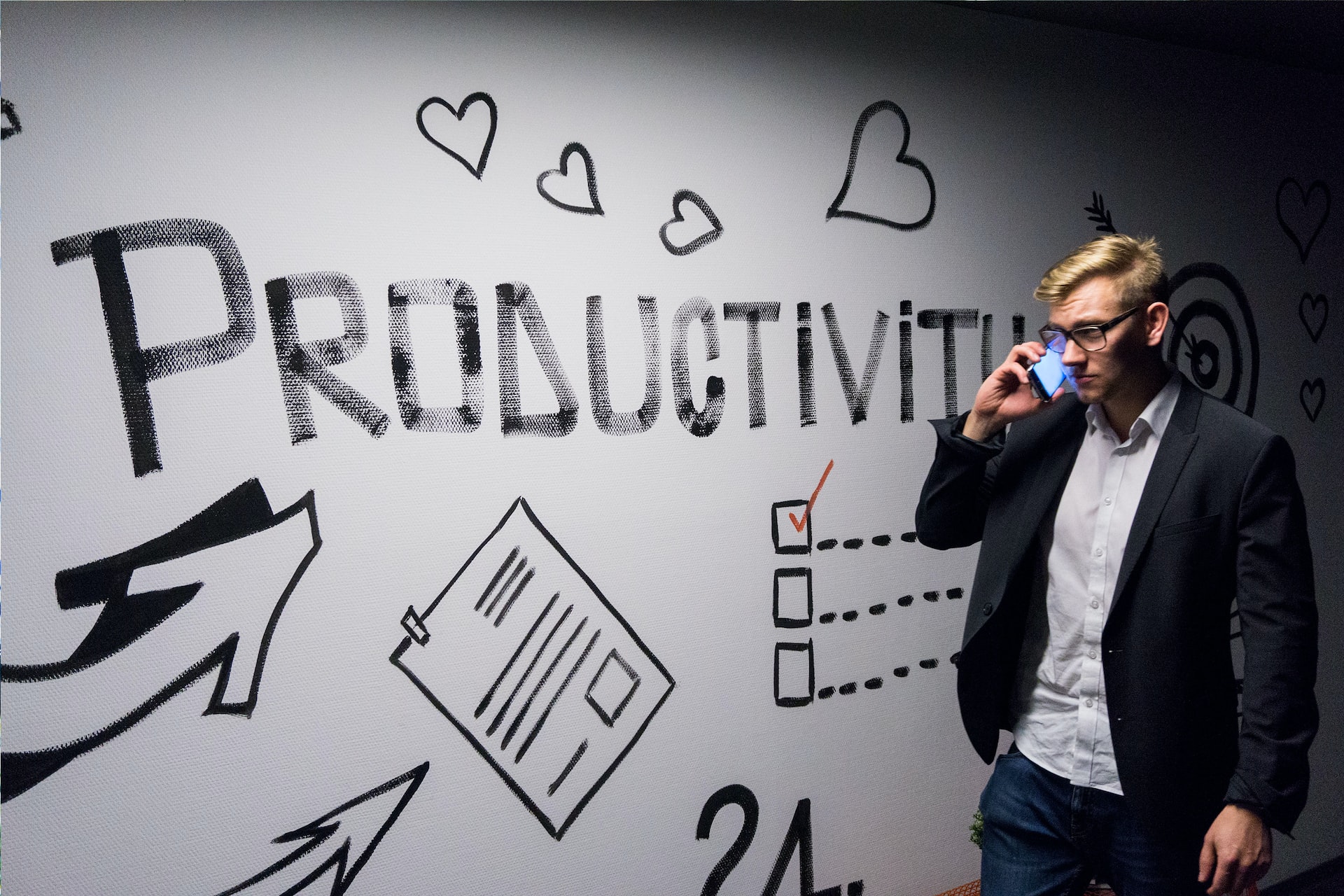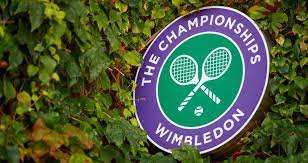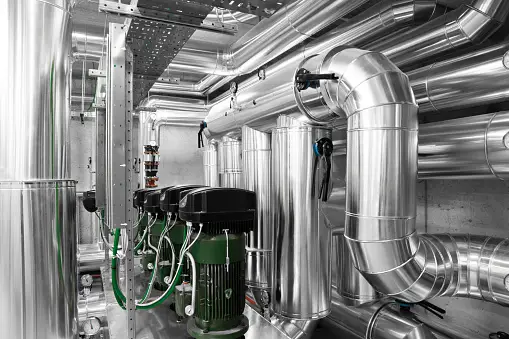How to Make the Hours of Studying More Productive?

You’ve probably heard the inspiring saying “Work smarter, not harder.” There are many possible interpretations here, but if you’re a student on a tight schedule, it can only indicate one thing: GET WORK DONE! University students have a significant challenge in that they frequently find themselves squandering time. They haven’t broken any of their terrible behaviours from high school, and that continues on into college. There is no comparison between high school and college, and you must adjust your expectations accordingly so that you are not overwhelmed by your workload.
To be effective, learning must be adapted to the individual’s preferred method of instruction. There’s a chance that some of these suggestions will help, while others won’t. Try it out. What follows are the most effective strategies and choices you may use to get ahead and remain ahead. Also, you can always take the easy way out by hiring a professional assignment helper.
Get Going!
Starting is often the hardest part of becoming productive. Research shows that the most challenging component of any task is starting. I don’t understand why this is happening. Unfortunately, we procrastinate because we are preoccupied with the challenges of the issue at hand, whether they word count, the nature of the question, or the logistics of completing the task within the allotted time.
The good news is that most individuals are motivated to see things through to completion once they’ve begun them. Having unfinished work hanging over our heads can be really stressful, therefore this is frequently what spurs us on to get things done.
Gather Your Materials
Organization is a must for every endeavour if you want to succeed. Not everyone needs or benefits from the same level of organisation, but everyone may benefit from knowing where things are and how to find what they need. You can keep your wits about you and avoid wasting time hunting for lost items if you take the effort to get organised. You should remember a certain webpage. Mark it in your bookmarks! Have crucial PDFs and paper records? Put it in a folder on its own and save it. scheduling a number of office hour appointments with classmates and teachers? Make a plan and jot it down. Whatever it is, retaining its significance and maintaining a state of readiness can greatly enhance your ability to learn.
Take on the toughest job you can.
Though it may seem like it would be a huge asset, studying quickly isn’t the most efficient method. When working or studying, you could be inclined to focus on the material you find most straightforward. However, studies suggest that the best students excel when they focus on the most challenging aspects of the material. Dare much, and start with the hardest things.
Avoid staying up late at work.
It’s a prevalent myth that studying nonstop the night before an exam is required. University students only stay up all night when they have no other choice due to their lack of preparation and organisation. Six, seven, or even eight hours of nonstop studying has been shown to be ineffective for memorization and learning. Instead, it has been shown that studying and taking breaks at regular intervals improves both memory for previously taught material and motivation to continue learning or working. Spread out your study sessions so you may take breaks in between and retain more information.
Get some exercise while you study.
Reading isn’t the only or even the most interesting approach to learn new material. To maximise the effectiveness of your study time, you should discover ways to make it interesting and fun. To better retain information, try to find a way to apply it to your own situation. It’s a strategy for memorising facts and makes what you’re reading more interesting, to boot! It’s not enough to simply read your textbooks and study guides; you must also take a hands-on approach by annotating and analysing the material.
Locate an Appropriate Setting
Being productive implies developing effective study habits, which in turn determines how effectively and efficiently you learn. But they’re only as excellent as the environment allows them to be. Since interruptions cut into work time, it’s preferable to select a spot where you can focus without interruptions. Studying in a public place, such as a library or a café, might be beneficial because you’ll be surrounded by other hard-at-work people. Nonetheless, your ease of use must not be overlooked. Find a spot at home where you can relax and spread out in comfy clothes while you study if that’s how you want to work best. When studying, white noise might be helpful because total silence can be too distracting. You should feel at ease enough to focus on your studies.



































